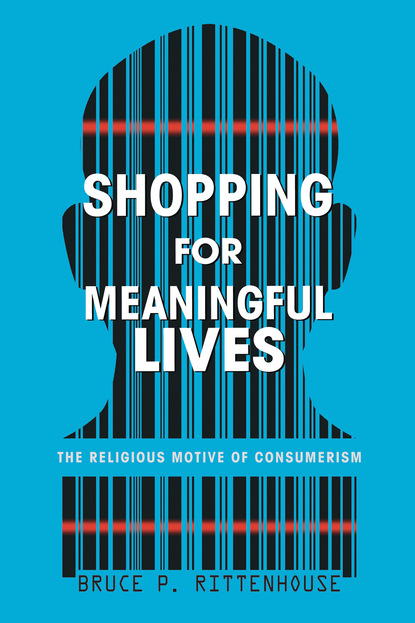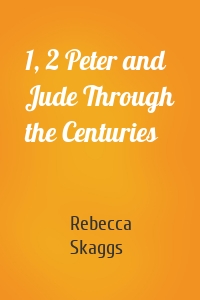
Shopping for Meaningful Lives скачать fb2
Bruce P. Rittenhouse - Shopping for Meaningful Lives краткое содержание
Consumerism is a problem. It deforms individual character, our sense of obligation to one another, and our concern for future generations and the environment. Even in the aftermath of the worst economic downturn in seventy years, it remains a defining feature of Western cultures. But, beyond this assessment, neither Christian theologians and ethicists nor secular economists and sociologists have understood what drives consumerism or what can be done to counteract it. This is the problem that Bruce P. Rittenhouse solves in Shopping for Meaningful Lives. Dr. Rittenhouse analyzes economic, sociological, and psychological evidence to prove that consumers behave differently than the current theories predict. Dr. Rittenhouse shows that consumerism functions as a religion. It provides a means of assurance that an individual life is meaningful. Because we need this assurance to live out our everyday lives, consumerism takes precedence over whatever other values a person professes–unless a person can adopt a different way to secure the meaning of his or her life. This interpretation explains how consumers actually behave. From the perspective of Christian theology, consumerism is a wrong answer to a problem of human existence that should be answered by faith in Christ.
Скачать книгу «Shopping for Meaningful Lives» Bruce P. Rittenhouse
Чтобы оставить свою оценку и/или комментарий, Вам нужно войти под своей учетной записью или зарегистрироваться



